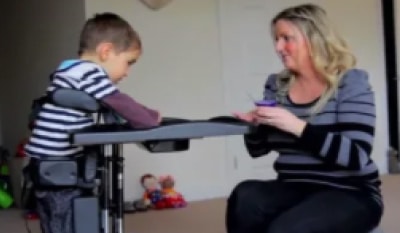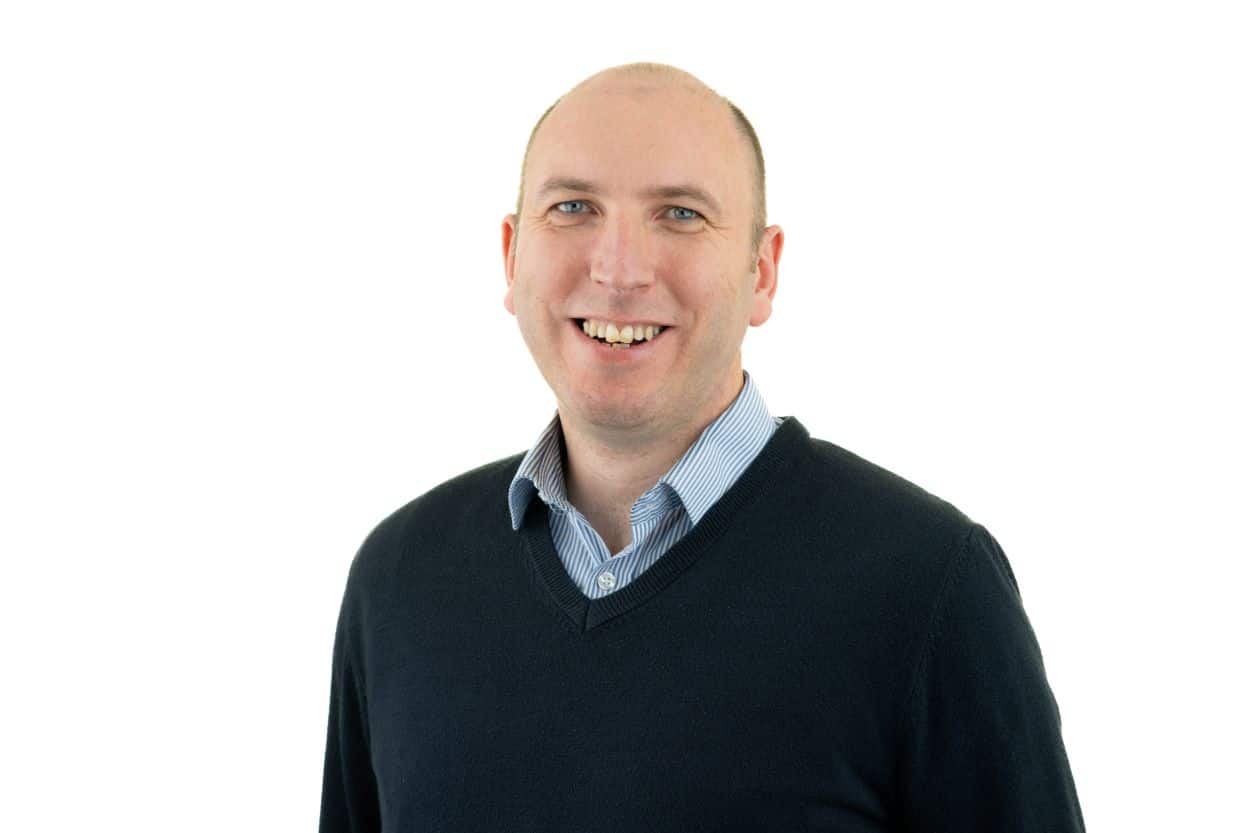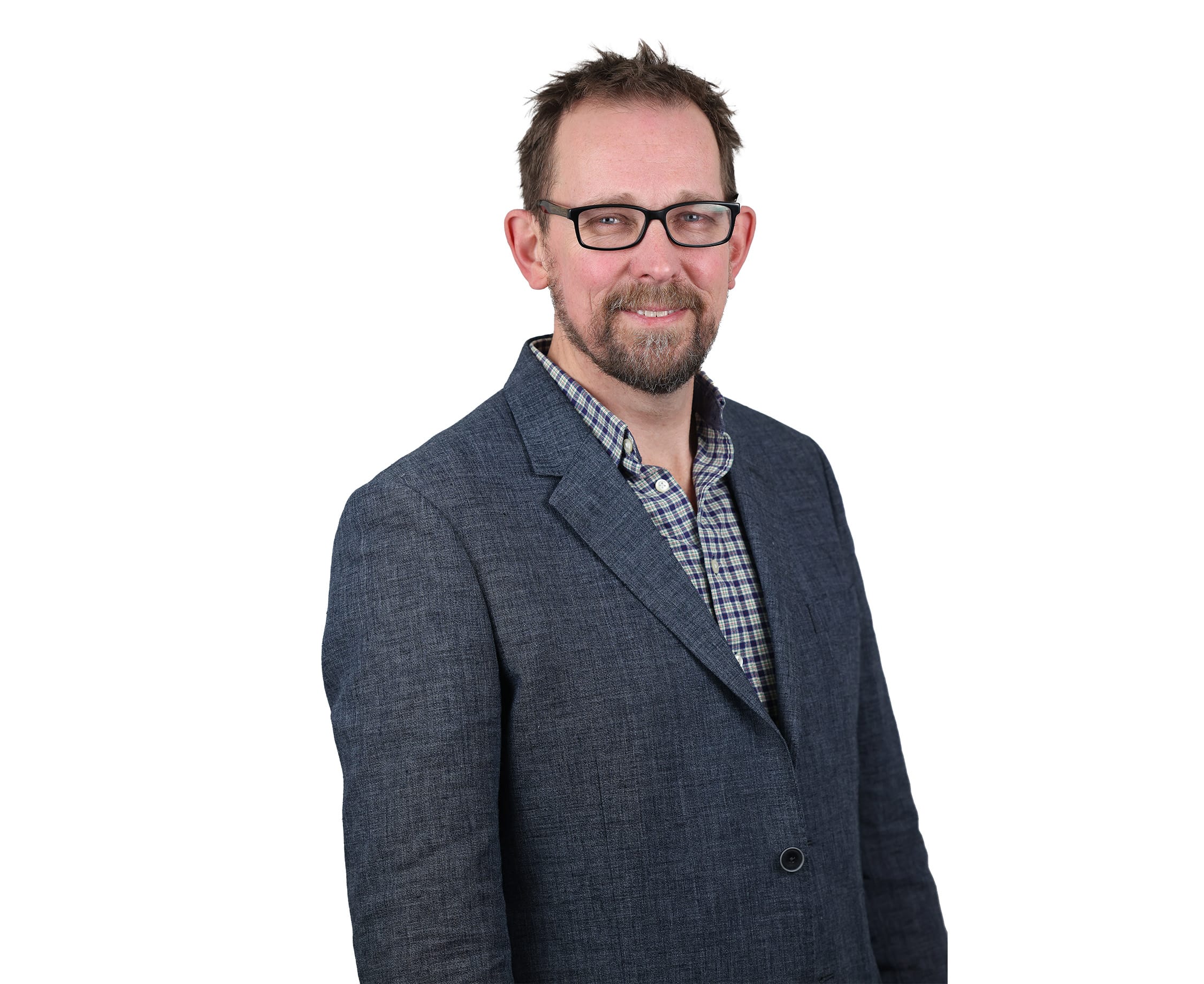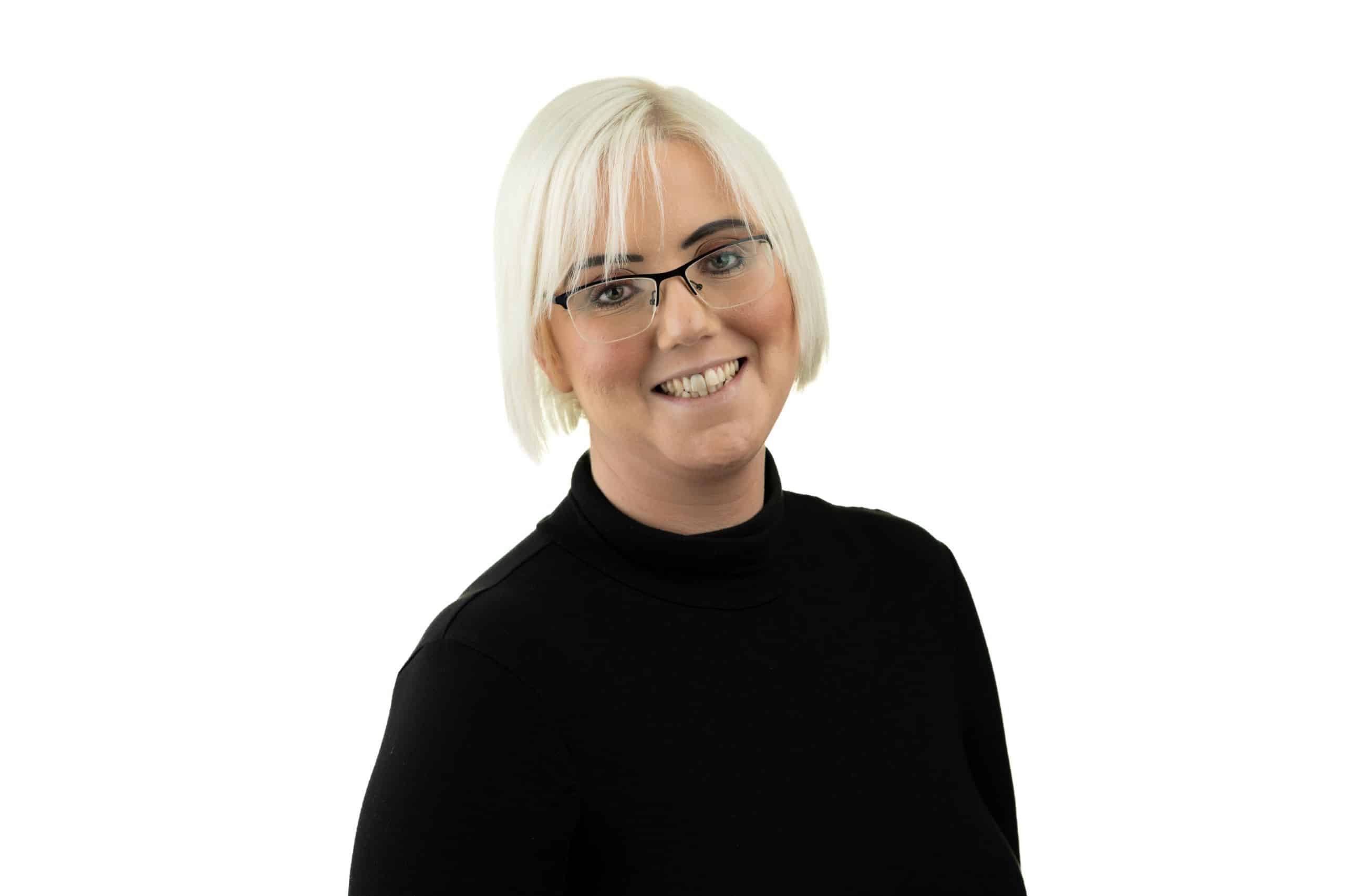
- No win, no fee
- Not just lawyers - real specialists
- No obligation
- UK's highest-rated medical negligence solicitors
Thinking of making a medical negligence claim?
If you’re thinking of making a claim for medical negligence, we understand that you might be feeling particularly vulnerable. As the UK’s top-rated medical negligence specialists, we have successfully represented thousands of clients right across the UK. The 4 Ds are pivotal to any negligence claim, regardless of whether this is a straightforward case or a more complex one.
It’s important to know that although medical mistakes do happen, you can lean on our dedicated legal professionals for help and guidance.
If a medical professional has caused you harm as a result of a medical mistake or procedure, the following information can help you understand how the 4 D’s will impact your potential claim.
Know the 4 D’s
- Duty
- Dereliction
- Damages
- Direct cause
When investigating your medical negligence claim, all of these factors are taken into account and assessed by your legal representative. The 4 D’s can be related to:
- Misdiagnosis claims
- Hospital negligence claims
- GP claims
- A&E claims
- Care home claims
- Pregnancy and birth claims
1. There is a Duty of Care
In its truest sense, medical negligence is a substandard of care provided by a medical professional or healthcare professional that directly causes harm to a patient. Every medical professional has a duty of care towards all patients and if they fail to provide the care that is expected, and the patient suffers because of it, this could be classed as medical negligence.
In the eyes of the law, where your healthcare provider has fallen short is by failing to provide the appropriate duty of care.
Such neglect can unfortunately happen at any point when receiving medical attention, from visiting your GP, to any substandard aftercare following a medical procedure.
As a medical professional, they have duty of care to:
- Take a proper medical history
- Investigate a patient’s symptoms thoroughly
- Refer their patient to a specialist if needed
- Provide follow up treatment if needed
- Provide the necessary treatment
If a medical professional does not carry out these tasks where necessary, it could be seen as a breach of their duty of care.
As a patient, it is only right for you to expect reasonable care from a medical / healthcare professional. When a medical professional takes on the role of offering medical advice or carrying out a procedure, this then constitutes as the duty of care.
If a medical professional fails to provide the duty of care and the patient has suffered, they may be able to make a medical negligence claim. As medical negligence solicitors, we will then need to prove that there was a breach of that duty of care and that you, as the patient, has suffered significant harm because of that breach.
Duty of care is a a legal responsibility and it is there to keep all patients safe. A breach in that duty can potentially have serious medical, emotional and financial impacts on patients.
2. Dereliction of your care
You may not be familiar with the term, but dereliction is where a medical / healthcare professional has failed you, as a patient, in your professional relationship.
This is when the medical professional fails to meet the expected standards of healthcare, whilst also stepping beyond the line of appropriate care.
In our experience, we find that any deviation from the expected standard of care is especially prevalent in cases involving:
- Medication errors
- Post-operative negligence
- Birthing and pregnancy injuries
- Misdiagnosis
- Delayed diagnosis
- Surgical errors
3. Claiming for damages
The third D is your final settlement; universally known as damages.
Legally speaking, damage compensation is the total, quantifiable payment made to a claimant following their case against medical negligence. It’s also not uncommon for damages to be staggered to cover and meet necessary costs, such as:
- Medical bills
- Loss of earnings
- Psychological suffering
- Physical pain
- The impact on your family i.e. care and support
The figure you receive in damages can go some way to compensate for the negative experiences you have been through.
As medical negligence specialists, we understand that your experience can be life-changing. Especially for anyone who has fallen victim to a medical error, misdiagnosis or surgical mistake. The damages received may not change your physical state, but they can have a lasting positive impact.
4. Direct causation
The fourth and final D of medical negligence is, direct causation, this is the link between medical dereliction and the damages you receive.
Irrespective of the level of medical negligence you have experienced, what this fourth D tells you is that if you can’t prove this, you’re unlikely to be able to claim.
Now, that can be a bitter pill to swallow, especially if your experience is having a big impact on you, both physically or mentally.
However, with our guiding hand and professional judgement, your odds of linking the two will only improve working with us as your chosen legal representative.
What we can tell you now is that the causation must be direct, or already in action. This means, if you have knowingly been misdiagnosed for an illness and taken medication following a misdiagnosis, you must be able to prove that impact.
Before making your claim…
Medical witnesses can support your claim
Proving dereliction can be one of the more difficult and time-consuming aspects of making your medical negligence claim. But don’t worry, this is where our expertises shine.
We would always recommend that a claim for medical negligence is supported with an expert medical witness.
An independent, expert witness will showcase their credentials and demonstrate that they are a trustworthy, well trained medical professional, even if they have since retired from practice.
Furthermore, any medical witness is bound by law to be completely honest when offering their perspective.
Effectively proving damages
Taking on a compensation case all on your own is difficult and stressful. Furthermore, you stand a greater chance of receiving the damage compensation you’re entitled to with a dedicated, expert medical negligence lawyer fighting on your side. This is where we come in.
The evidence required includes:
- Prescription records
- Medical records
- Medical bills
- Expert witnesses and testimonies
- Your own testimony
Ready to make your claim for medical negligence?
Ask yourself, have the consequences of the medical negligence impacted you severely?
Rest assured, with Patient Claim Line, we have the knowledge and experience to cut through the legal red tape.
Call Patient Claim Line today, the UK’s top-rated medical negligence specialists on 03300 080 352 and know for certain whether or not you can claim for medical negligence.
Meet our medical negligence team
Peter Rigby
Director of Medical Negligence
Christian Beadell
Partner, Head of Strategy and Legal Operations
Francesca Paul
Associate Solicitor
Sion Wynne
Senior Solicitor
Sarah's Story
"Now we have peace of mind"
My husband, Nick, went back and forth to the doctors for a long time and tried everything the doctor recommended. But his illness got worse, to the point that he was in agony.
In the end we got so desperate that we asked for a referral. The doctor was reluctant, so we had to consult a private hospital. That’s when we found out there was a tumour. It took years from the onset of his illness to finally start cancer treatment.


He used to be a man with a lot to live for, but in the end he was in so much pain that he withdrew from the family. He became angry that nobody had helped him sooner, and the legal team were able to give him the validation that he was desperately seeking. The NHS confirmed if they had done more, Nick would still be alive today.




